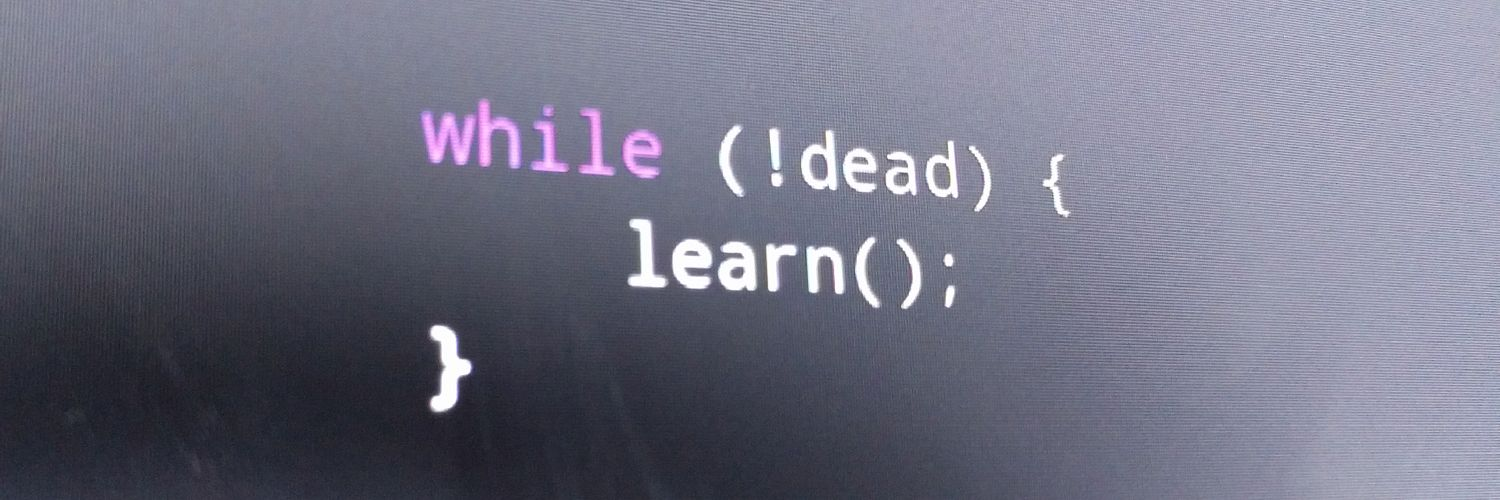Interviewee Self-Assessment
Evaluating the technical chops of job candidates is difficult. Especially in a "screener" situation where the whole point is to decide if a deeper interview is a waste of time. I haven't done a lot of it, so I'm still developing my technique. Here are a few things that I think I like to do, so far.
As long as the candidate is in the ballpark of someone we could use, I don't like to cut the interview short. There's always the chance that nerves or social awkardness are causing an awful lot of what might appear to be ignorance or confusion.
I like to ask the candidate what technologies (languages, platforms, frameworks) they most enjoy and most dislike, and why. This gives me a peek into how they think about their work and what their expectations are of their tools and platforms. I want to see at least one strong, reasoned opinion in either direction. Not having one is an indication that they either lack experience, or are not in the habit of thinking deeply about their work.
Here's the big one: In order to figure out what questions to ask and how to word and weight them, I also like to ask the candidate to evaluate their skills in a few of the technologies that are relevant to the job they are applying for. Even if they have identified their relative skill levels on their resume, I ask them to put themselves on a 5 point scale. Zero is no experience. One is beginner. 2 is still beginner. 3 is comfortable. 4 is formidable. 5 is expert.
At self-rating of 1, I mostly just want to find out what they've built and what tools they used. Anyone who rates themselves at 2 or 3 is a candidate for expert beginner syndrome. They'll probably grow out of it as they get more experience. I ask questions all over the spectrum to establish what they know and what they don't.
A self-rating of 4 is probably the easiest to interview. A legitimate 4 should have the awareness of self and the space to see that they know a lot, but also have a good conception of where their gaps are. 2s and 3s are more likely to self-label as 4, but they are easy to weed out with a couple challenging questions. Beyond that, I mostly care about how they answer questions, because this candidates value is as much in their ability to communicate about tough problems and solutions as it is in coding and design.
A self-rating of 5 is essentially a challenge. I'm not interested in playing a stumping game. But I do care whether the confidence is earned. Someone who is too willing to rate themselves an expert is dangerous both on their own and on a team. A 5 doesn't need to know everything I can think to ask. But I expect an honest "I don't know" or at least an attempt to verbally walk it through. And instead of confusion and misunderstanding, I expect clarifying questions. Communication and self-awareness are crucial here. Confident wrong answers or unqualified speculations are bad news for a self-proclaimed expert.
